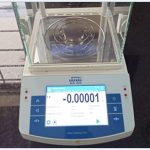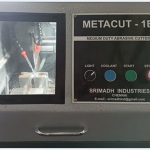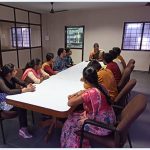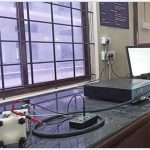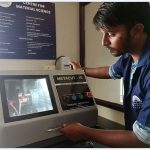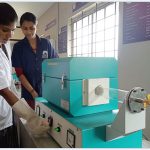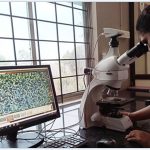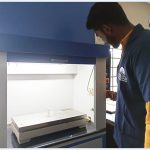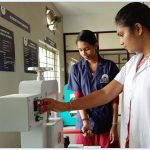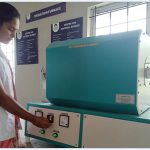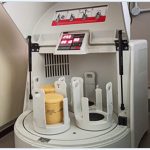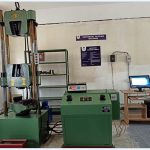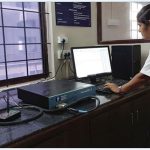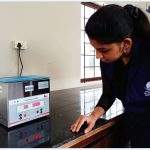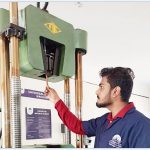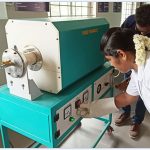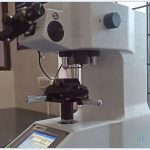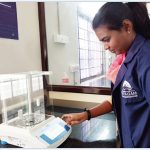Centre For Material Science
Introducing this lab seemed like the appropriate next step in developing and diversifying materials research at Karpagam Academy of Higher Education, Coimbatore. Currently, there are a variety of projects underway in this field. We have planned to fix under graduate students and post graduate students will be in charge of each project make an effort to introduce the new materials possible for any given application.
Materials processing, the basis of materials engineering, is the relationship among structure, properties, and processing: any one determines the other two. Our research is on the design and control of the processes that lead to the required structure or properties in materials. We could use mathematical modeling to identify and quantify the effect of different process parameters on the structure and properties of materials, and measure the thermo-physical properties that are used in the models.
Vision
To be a centre of excellence in Advanced Materials and Processing
Mission
- To grow empowering students and professionals with state-of-art knowledge and technological skills.
- To enabling Industries to adopt effective solutions in Advanced Materials and Processing areas through research and consultancy.
- Evolving appropriate sustainable technologies for rural needs.
- To undertake collaborative projects with academia and industries.
Facilities in CMS
Major Equipments In Corrosion Engineering Laboratory
- To simulate and study hot corrosion in gas turbines various testing procedures have been developed.
- Hot Corrosion may lead to accelerated corrosion of engineering alloys.
- High-temperature corrosion is a mechanism of corrosion that takes place in gas turbines, diesel engines, furnaces, or other machinery coming in contact with hot gas containing certain contaminants.
- The furnaces consist of a quartz tube in which the wafers are placed on a carrier made of quartz glass.
- For heating there are several heating zones and for chemical supply multiple pipes. Quartz glass has a very high melting point (above 1500 °C) and thus is applicable for high temperature processes.
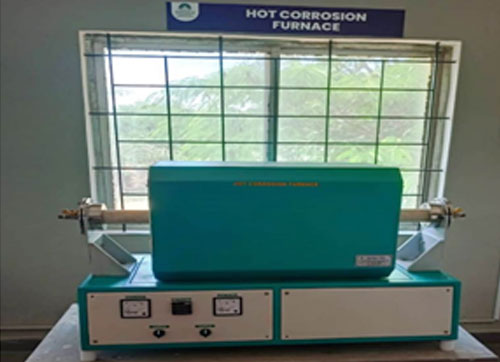

The new VersaStudio software is included with all VersaSTAT 3 systems. Systems are provided for a range of voltammetry and corrosion applications.
Major Equipments In Materials Testing And Characterization Laboratory Facilities:
The Leica DM750 M is an entry-level materials microscope for bright field, oblique and polarized light. It was specifically designed to serve the needs of standard quality control and materials analysis in the quality control laboratory as well as the general educational needs in universities of applied sciences and technical colleges.
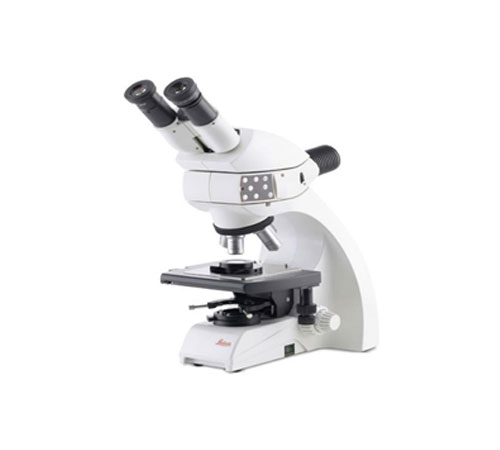
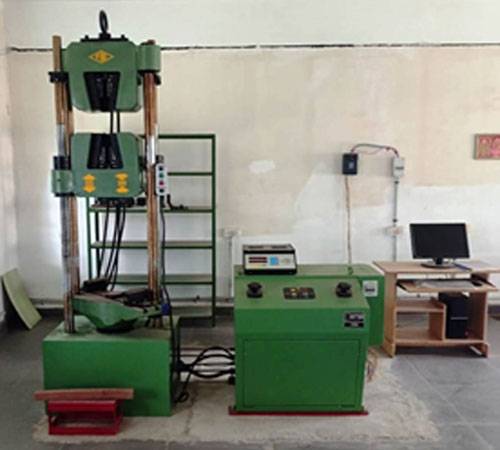
It has Open type cross head, Hydraulic wedge action grips, Long test stroke and dual test space, Loading accuracy as high as ± 1%, Straining at variable speeds to suit a wide range of materials, Printer & PC graphs enable to study the behavior of the material, Motor driven threaded columns for quick effortless adjustment of lower cross-head-to facilitate rapid fixing of test specimen, Large effective clearance between columns enables testing of standards specimens as well as structures, Robust straining frame of an extremely rigid construction, Safe operation ensured by means of safety devices, Fully enclosed and protected pressure transducer, RS 232 serial port to transfer data to computer for analysis/storage evaluation etc
In addition to conventional HV, HK measuring mode, four kinds of measuring mode (fracture toughness (KC), light-load Brinell, Xbar, cylindrical correction) was carried. The assist function which can identify the testing condition which is optimum is carried. The testing condition which is optimum can be confirmed by satisfying 2 from 3 condition of thickness, hardness, testing force. Auto Turret perform a series of load operations and the object lens for measuring comes automatically back to central position after making indentation. Positive turret stop ensures exact alignment of the indenter to the measuring and scanning objectives. This allows precise placement of the diamond impression on your test sample.
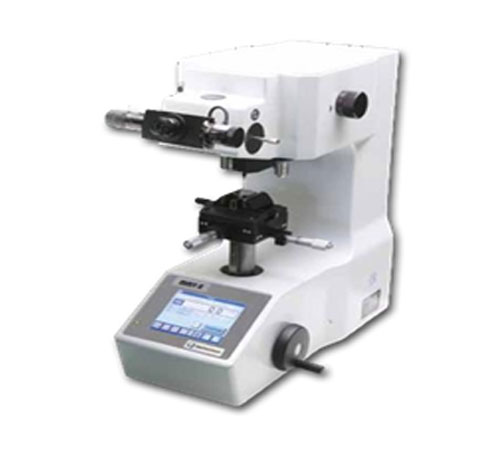
Major Equipments In Functional Materials Lab
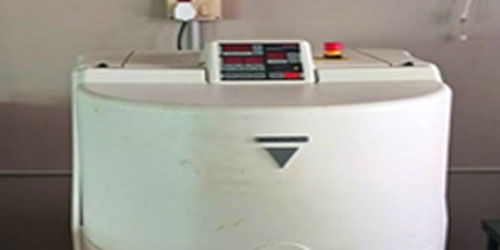
The ball mill is main equipment in Functional lab. To prepare nanomaterial by physical method ball mill is a good choice. The preparation of nanomaterial by chemical synthesis requires some controlled process and additional chemicals. The ball mill is a solid state synthesis and it does not require any chemical reaction.
The prepared sample should be annealed or sintered to get a desired product. For this we need furnace. The oxides samples can be annealed without the vacuum furnace. But for any metallic samples the annealing or sintering should be done under vacuum or in inert atmosphere. Hence the furnace is necessary for preparing the final product of the sample. The furnace will reach upto 1400 deg C and the vaccum will approach to mbar. Magnetic and thermoelectric materials can be prepared.
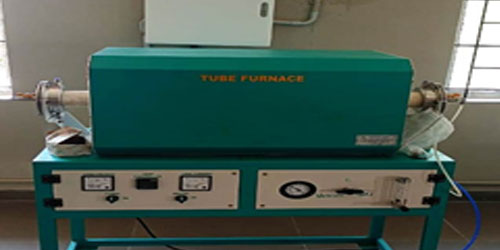
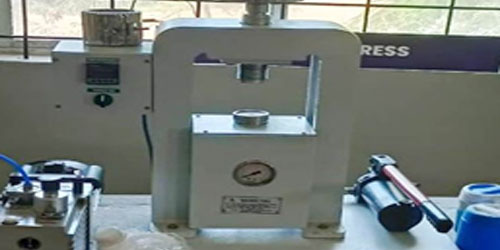
The hot press is used to make a pellet of powdered sample. We will be preparing the sample from ball mill and after for any required property to study the powder has to be pelletized. Some powder sample will not change to pellet due to the nature of samples (nano size), hence with the high temperature the sample can be pelletized using the hot press.
Facilities Gallery
Research Group

Dr.S.Manivannan
Head – Centre for Material Science
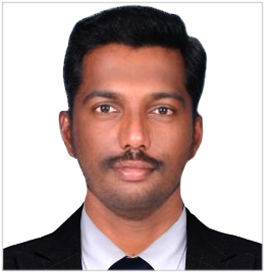
Dr.P.M.Gopal
Material Testing and Characterization (i/c)
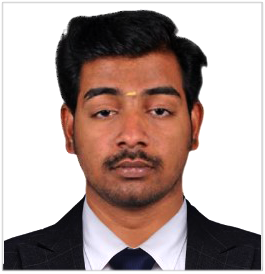
Dr.V.Kavimani
Corrosion Engineering (i/c)

Dr.S.Esakki Muthu
Functional Material Lab (i/c)
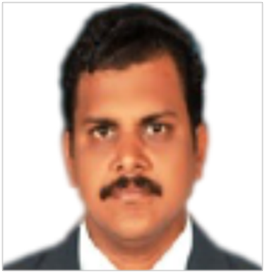
Dr.P.Sakthivel
Sample Preparation Lab (i/c)


